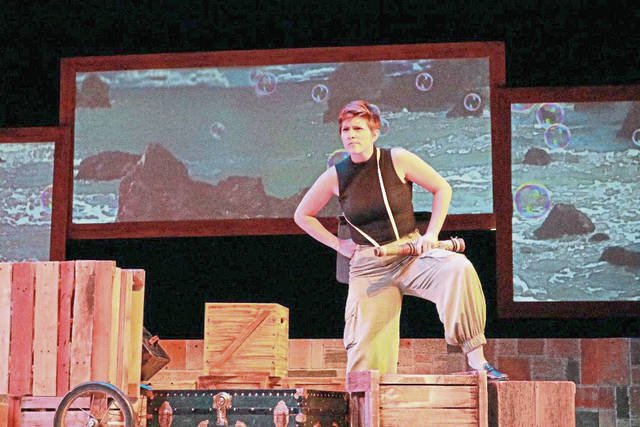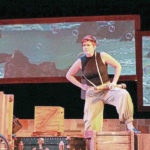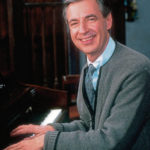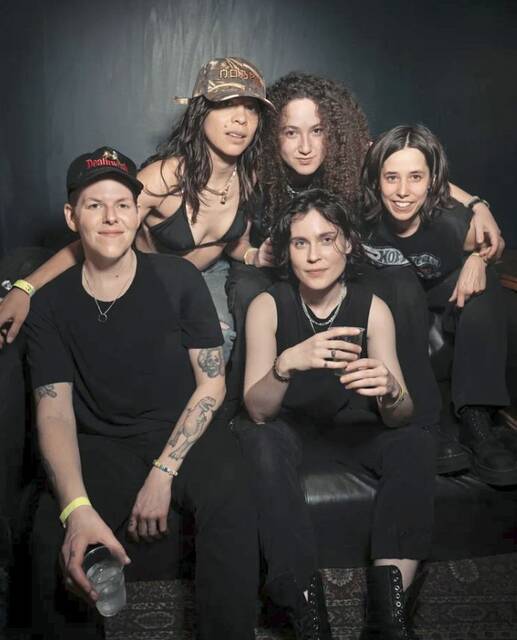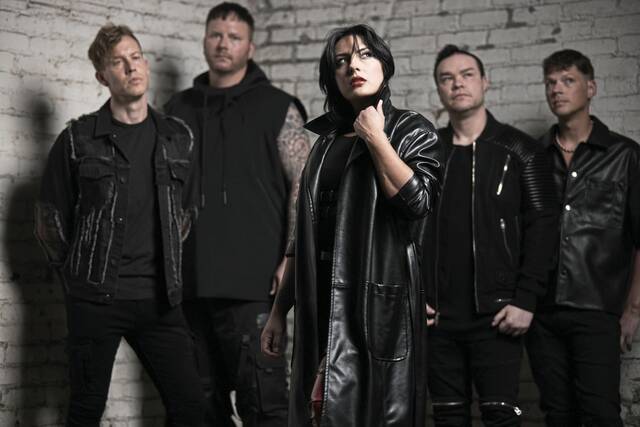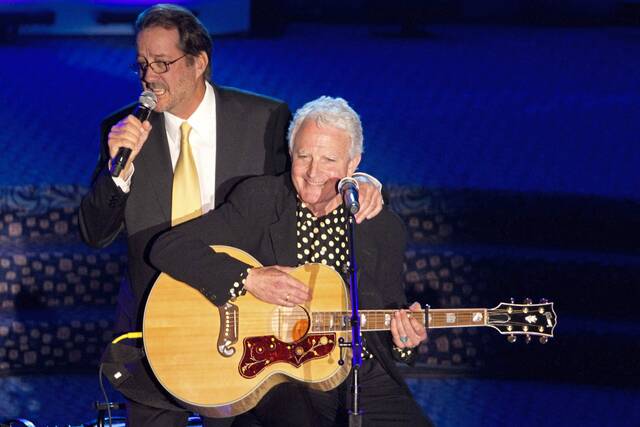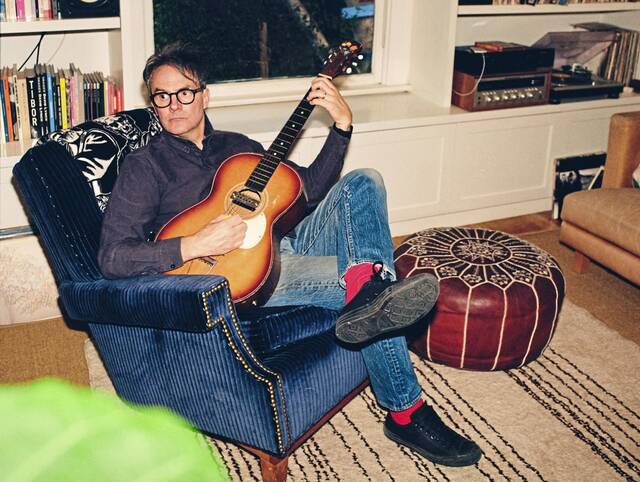The gentle goodness of “Mister Rogers’ Neighborhood” touched millions of families. The show was so successful and individual that it became an American icon, which will be reflected in Tom Hanks’s new film “A Beautiful Day in the Neighborhood,” scheduled for release on Nov. 22.
The television program reflected the multifaceted character of its creator and star Fred Rogers. A Latrobe native, Rogers worked in television production in the medium’s early days in New York City. Later he earned a degree in theology and became an ordained minister.
His college degree was in music composition, and music was an important part of Rogers’ life and work. He wrote 13 operas for “Mr. Rogers’ Neighborhood” and more than 200 songs.
Pittsburgh Festival Opera will present four performances of two of “Mr. Rogers’ Operas” starting July 13 at Pittsburgh’s Winchester-Thurston School.
‘Strange and absorbing’
The idea for reviving Rogers’ operas was writer and producer Lynne Squilla’s.
“I remember when I was young that I would rush home to catch ‘Mr. Rogers’ Neighborhood’ because it was so whimsical, strange and absorbing,” she says. “I remembered the songs well after I worked with Fred outside the neighborhood on some adult documentaries.
“I got caught up in these operas as a young adult. He captured how a kid would think about things and as an adult you remember – that’s how my imagination used to work,” she says.
After Pittsburgh Festival Opera signed on to the project, Squilla obtained legal clearances, worked on fundraising and put together some of the talent for the production. She also selected the two operas that are being revived.
“Basically, they all have moral outcomes lessons,” she says. “‘Spoon Mountain’ is about an intrepid park ranger and a prince who’ve heard there’s a Purple Twirling Kitty, a purple cat that twirls a silver spoon, that’s under threat from a character called Wicked Knife and Fork. They go to rescue the kitty and find that the Wicked Knife and Fork really wasn’t all that wicked. He was just misunderstood.
“There’s a whole song, ‘All I Wanted was a Spoon.’ The moral is that you can’t judge people by their cover, you have to good deeper and look beyond the surface,” Squilla says.
‘Similarly fantastical’
The other opera being staged is “similarly fantastical, but that’s why they’re operas, because opera is fantastical,” she says.
“Windstorm in Bubbleland” begins with a reporter saying there’s never any trouble in town. Then a bubble spray machine malfunctions and creates a huge windstorm that threatens to blow everything away. After the problem is resolved, the opera ends with a reporter singing, “There’s never any trouble in Bubbleland that we as friends can’t handle.”
Stage director Tomé Cousin says presenting television operas on the operatic stage required some adjustments. He played “Tomé the Ragdoll” in the Neighborhood from 1990-99.
“On television you can go straight through. There’s no need for set changes, because you can edit and cross fade between scenes,” he notes. “We had to build in transitions.
“Also, the full-bodied costumes that didn’t have to move on television don’t work on our stage,” he says. “There is a big old porpoise that was like a land shark, if you remember the old SNL skit, that we’re handling with a puppet.”
Remaking the scores
Conductor Robert Frankenberry had even more work to do. He had to reconstruct the score of both operas by ear because no scores exist, only vocal lines for one of them.
In addition, Rogers’ casts were, apart from two singers, “very much not operatic, though wonderful performers,” he says. “I had to adapt the vocal parts, though I tried not to monkey around too much. The instrumentation is similar, though we’ve added a string quintet.”
Frankenberry says the musical forms of the two operas are complementary. He compares “Spoon Mountain” to the style of Henry Purcell, with rapid transition from recitative to song, while the other is more like a romantic grand opera with larger musical numbers.


